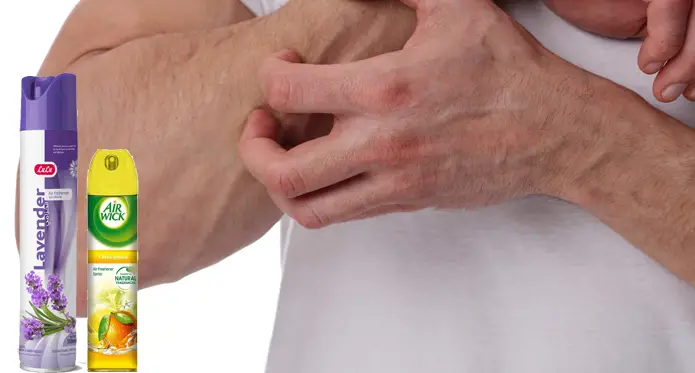Last Updated on March 8, 2023
Using air fresheners can have a positive impact on their surrounding environment since they release a steady stream of fragrance, which can be used to mask unpleasant smells and make your surroundings more pleasant. But some recent studies have shown that one can be allergic to air fresheners.
An allergic reaction can cause coughing, wheezing, and difficulty breathing, yet can you have an allergic reaction to air fresheners when using them nearby? Although air fresheners can contain allergenic ingredients, you’re more likely to experience sensitivity to the fragrance rather than an allergy.
Occasionally, people may be allergic to the chemicals or specific ingredients used in air fresheners. Find out more about air freshener allergies and how you can prevent or treat them by continuing to read.
Can You Have an Allergic Reaction to Air Fresheners When Using Them?
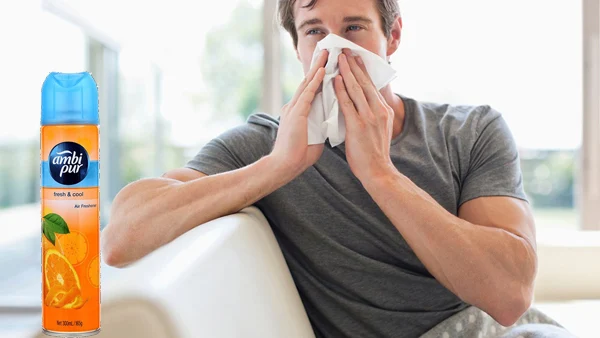
According to a recent study from Emory University, people with asthma or other respiratory conditions may be more likely to have an allergic sensitivity to air fresheners. Researchers found that breathing in air freshener chemicals can cause sinus congestion, runny noses, and sneezing.
These effects can be even worse for those with asthma, causing wheezing, chest tightness and difficulty breathing. The chemicals used in air fresheners can cause nasal congestion, a runny nose and sneezing in people who are allergic to them. Also, these chemicals can irritate the lungs and exacerbate asthma symptoms.
You are not alone if you have ever had an allergic reaction to a scented candle or air freshener. Research has also shown that some air fresheners can trigger existing allergy symptoms and worsen asthma. You must see a doctor for diagnosis and treatment if you think you may be allergic to air fresheners.
What Ingredients in Air Freshener Can Cause Allergy Symptoms?
Many people use air fresheners to eliminate strong odors, but these products can cause more problems than they solve. Several common ingredients in air fresheners, such as formaldehyde and limonene, can trigger allergy symptoms like sneezing, watery eyes, and breathing difficulties.
Other ingredients, like ammonia and chlorine, can irritate the lungs and cause coughing and wheezing. This is primarily a concern for asthmatics and other people with respiratory conditions.
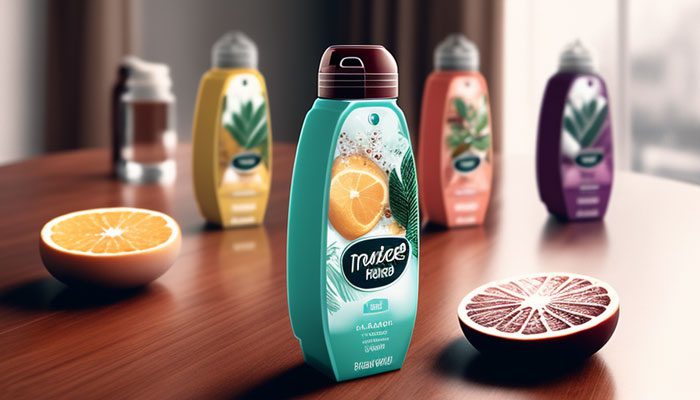
Also, many air fresheners contain volatile organic compounds, which contribute to indoor air pollution, trigger allergies, and exacerbate asthma.
Asthmatics have reported dizziness, constriction of their airways, eye irritation, and even impaired memory due to chemicals such as esters, formaldehyde, petroleum distillates, and limonene. Some air fresheners also contain phthalates, which have been linked to cancer and reproductive damage.
What are the Symptoms of Air Freshener Fragrance Allergy?
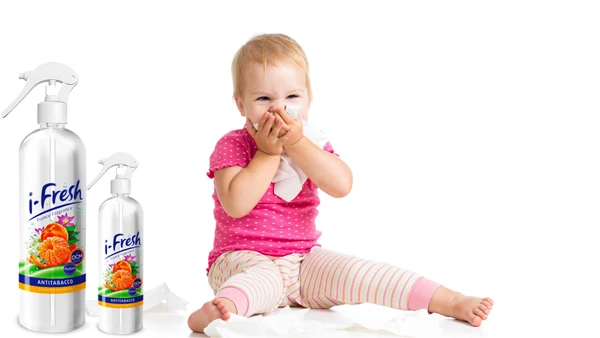
For some people, air fresheners can cause a range of uncomfortable symptoms. Fragrance allergies are relatively common, and they can be triggered by exposure to air fresheners, perfumes, colognes, and other scented products.
Several symptoms may accompany air freshener fragrance sensitivity, including nausea, headaches, and contact dermatitis, a skin condition characterized by redness, itching, and burning.
Aside from watery, itchy, burning, red eyes, runny nose, sneezing, and congestion, other symptoms may also occur. In severe cases, exposure to fragrance can trigger an asthma attack.
Is it Possible to Get Allergic to an Air Freshener in the Rain?
An air freshener can cause an allergic reaction in the rain, but it is more likely for asthmatics and allergic people. When it rains, the air’s pollen and other allergens can be broken into smaller particles that quickly disperse.
This can cause a sudden increase in symptoms during the rain shower when they mix with air fresheners’ chemical particles.
But, this is more likely to happen during sudden, heavy downpours. If you have allergies or asthma, it is important to stay indoors, avoid exposure to the outdoors during a rain shower, and avoid using air fresheners. If you must go outside, wear a mask and take other precautions to protect yourself from the allergens in the air.
Can Air Fresheners Cause Itching?
Some air fresheners contain toxic chemicals that can cause adverse reactions in some people. One such response is itching. Itching is a common symptom of contact dermatitis, a type of skin inflammation that occurs when the skin comes into contact with an irritant.
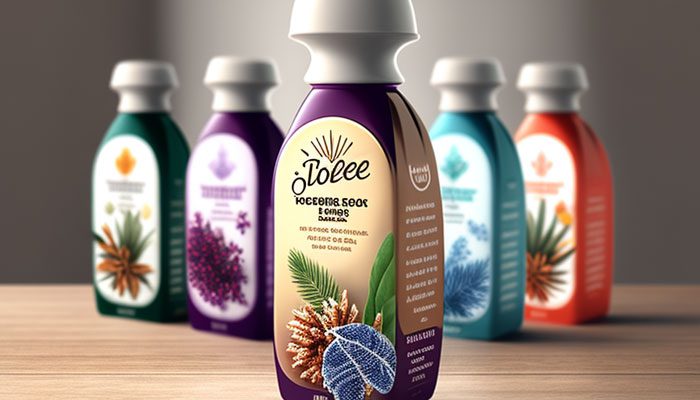
The reaction may be mild in some cases, causing nothing more than a slight itch. In other cases, the reaction can be much more severe, leading to blisters, redness, and swelling. Many air fresheners contain fragrance chemicals that can cause skin irritation.
Also, some air fresheners release volatile organic compounds (VOCs). These compounds can irritate the respiratory tract when inhaled, leading to coughing and itching. If you experience itching after using an air freshener, it is best to discontinue and consult a doctor if the symptoms persist.
Is it Possible to Get a Rash While Using Air Fresheners?

Yes, it is possible to get rash from using air fresheners. There are two main ways that this can happen. The first is if you have an allergy to one of the ingredients in the air freshener. It can also happen if you spray yourself with an aerosolized air freshener and the spray gets on your skin.
People with sensitivities or allergies may be more susceptible to allergic responses to air fresheners. If either of these happens, you may create a rash where the air freshener comes into contact with your skin.
A doctor can help you find a way to avoid future reactions if you think you might be allergic to an air freshener ingredient. If you get spray on your skin, rinse the area with warm water and soap as soon as possible. You might want to apply a cool compress if irritation or swelling occurs.
Can Air Fresheners Cause Breathing Problems?
Air fresheners can create a pleasant atmosphere, but air fresheners can also release harmful chemicals into the air, damaging your health. In particular, air fresheners can cause problems with your respiratory system.
VOCs are found in various household products, including air fresheners, cleaning supplies, and personal care products. Exposure to VOCs can increase children’s asthma risk even at levels below accepted safety recommendations. They can trigger eye and respiratory tract irritation, headaches, and dizziness when released into the air.

In some people, VOCs can also cause nausea, fatigue, and loss of coordination. If you’re concerned about the health effects of air fresheners, look for products certified by Greenguard or UL Greenguard Gold. These certifications indicate that a scented product has been tested for its ability to emit low levels of VOCs.
What is the Safest Air Fresheners for Asthmatics?
People with asthma are often sensitive to strong smells, triggering an asthma attack. Air fresheners are a common source of strong smells, making them a potential trigger for asthmatics.
Yet, some air fresheners are safer than others for asthmatics. For example, air fresheners that use essential oils rather than synthetic fragrance chemicals are less likely to cause problems.
Essential oils are a natural and safe option for air freshening. They are also effective in combating asthma and allergy symptoms. These oils work by purifying the air and removing allergens and toxins, which helps to reduce inflammation and bronchoconstriction.
When using essential oils, it is vital to take precautions to prevent irritation. For example, always dilute the oil with water or carrier oil before use. Also, keep the diffuser or humidifier out of reach of children and pets.
Also, natural air freshener ingredients like baking soda or vinegar can be safe for asthmatics. Ultimately, the best way to avoid triggering an asthma attack is to avoid using air fresheners altogether.
How Long Does an Air Freshener’s Fragrance Sensitivity Last?
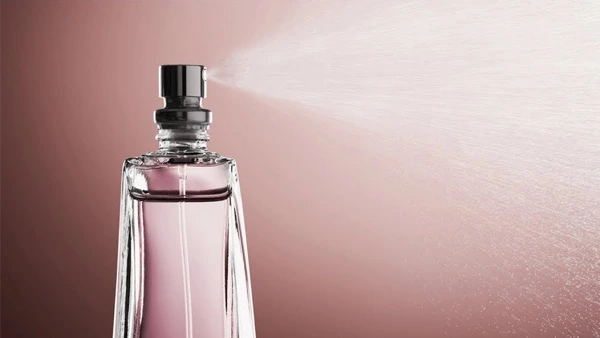
When you spray an air freshener, the particles suspended in the air will eventually settle on surfaces. Depending on the size of the particles and the ventilation in the room, this process can take a few minutes or up to several hours. Once the particles have settled, your sense of smell will no longer be able to detect them.
Regardless, other people may still be able to smell the fragrance if they enter the room during this time. The length of time an air freshener’s fragrance sensitivity lasts depends on several factors.
To ensure that the fragrance is no longer detectable, it is best to ventilate the room thoroughly or wait several hours before re-entering.
Can Air Freshener’s Fragrance Allergy Go Away?
Air fresheners can trigger allergies in sensitive individuals. Symptoms include sneezing, coughing, watery eyes, and difficulty breathing. There’s a chance of anaphylaxis in severe cases. Thankfully, most allergic reactions are relatively mild and will go away after exposure to the perfume is removed.
Yet, some people may continue to experience symptoms for weeks or even months after exposure. If you suspect you are allergic to air fresheners, you may be allergic to one particular ingredient in the air freshener. If you are unsure what is causing your allergy, you can try using a different type of air freshener.
You Also Might Be Interested:

